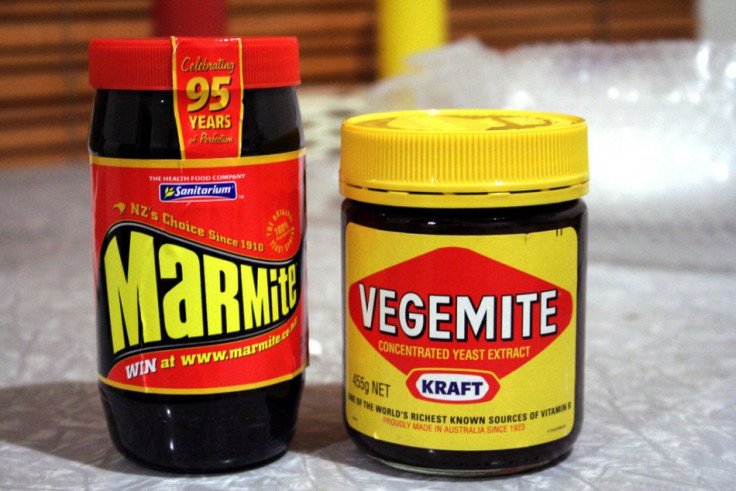Australian minister under fire for 'stereotyping Aboriginal people' over Vegemite home brew claim

A minister's claim that the popular Vegemite spread was being used in some Indigenous communities in Australia to brew alcohol has been criticised for peddling "negative stereotypes" about Aboriginal people.
Indigenous affairs minister Nigel Scullion made global headlines earlier this month when he described the yeast-based food paste as "a precursor to misery" in remote areas of Queensland and the Northern Territory, where alcohol sales are restricted.
He called on businesses in Indigenous communities to restrict sales of Vegemite, saying young people were consuming moonshine brewed from the spread and that it was causing incidents of domestic violence.
But Shayne Neumann, the opposing Labor party's Indigenous affairs spokesman, questioned the veracity of the claims and accused the minister of sidetracking a federal inquiry into alcohol abuse.
"Where was the evidence [Scullion] gave to this inquiry, to this report? That was not given in this report," he was quoted as saying by Australian public broadcaster ABC on 18 August.
"So this very serious issue, the purpose of this inquiry that the minister initiated, has turned into a ridiculous sideshow that has served to peddle negative stereotypes of Aboriginal people."
'Fermentation not possible'
The criticism came as Mondelēz International, the maker of Vegemite, dismissed reports that the salty spread could be used to brew alcohol.
"The autolysis process and subsequent yeast processing in the manufacture of Vegemite kills the yeast," Mondelēz spokesman Sandra Dal Maso told the BBC.
"As sugar and active yeast are two elements required in the brewing process, Vegemite cannot be fermented into alcohol."
Reports in Australia had claimed that up to 20 jars of the spread were being bought at a time in some dry communities to make moonshine.
Vegemite was first produced in 1922 by chemist Cyril P Callister as an alternative to Marmite, the supply of which was disrupted during World War I.
© Copyright IBTimes 2025. All rights reserved.






















